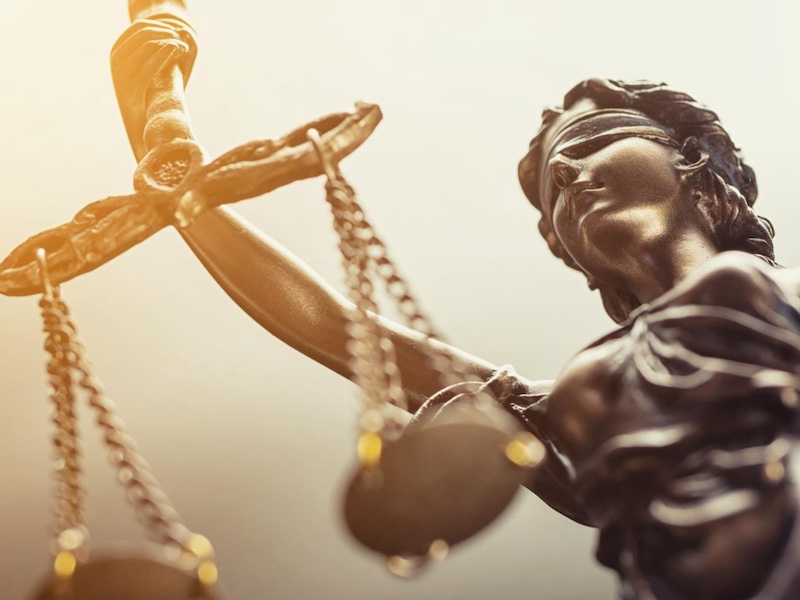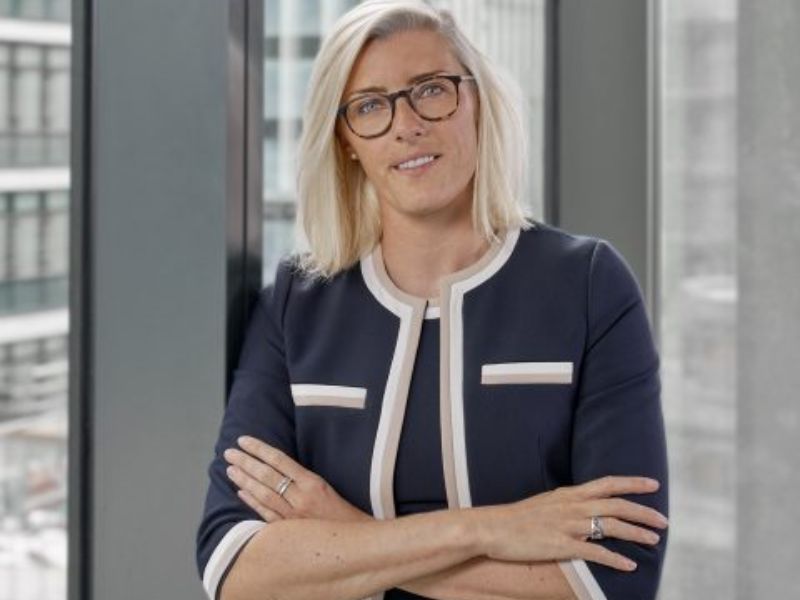Earlier this week, a UK woman was given a prison sentence for taking abortion pills outside the legal cut-off using the ‘pills by post‘ service during the lockdown. She pleaded guilty to section 58 of the Offences Against the Person Act 1861, administering drugs or using instruments to procure abortion.
Most abortions in England, Wales and Scotland are carried out before 24 weeks of pregnancy. Abortions are carried out after 24 weeks in very limited circumstances, for example, when the mother or child’s life is at risk, or the child would be born with a severe disability. The country’s limit for telemedicine is 10 weeks.
This has caused a major row involving abortion providers, human rights campaigners, Equalities Committee, Women’s Rights, MPs and pro-life campaigners. It calls for Parliament to rethink the ‘out-of-date’ laws, and others highlighting the ‘inadequacy of the safeguards for this regime of abortion’.
Mandu Reid, leader of The Women’s Equality Party has released a statement saying, ‘First and foremost, I want to send my support and my solidarity to the woman shamefully deprived of her freedom today, to her children, who will be missing their mum, and to everyone currently under police investigation or undergoing court proceedings regarding an abortion. Today is a painful day. A woman in England has been criminalised for seeking healthcare in the middle of a pandemic. Now she has been sentenced to over two years in prison. This case is a damning indictment of abortion law in England. Nothing about this conviction serves the public interest or the interests of her and her children. It also reveals the indefensible, ugly truth about the criminalisation of abortion. Opposition to abortion has never been about what’s best for children or women. It has always been about restricting women’s freedom and bodily autonomy. The consequences of today’s sentencing, along with the increase in the number of women being investigated following abortions, miscarriages and stillbirths will ripple across the country. And it will be women who pay the price. It may deter women from seeking vital healthcare when they need it, and risk women feeling forced into continuing with unwanted pregnancies. This conviction must mark a line in the sand. It’s time to move abortion out of criminal law once and for all. Abortion is healthcare and it must be free, safe and legal.’
If you want to show your support, Women’s Equality Party are marching on 17th June 1pm – More details should you wish to take part here.
Rt Hon Caroline Nokes, chairwoman of the Commons Women and Equalities Committee, joined women’s rights groups in calling for change to the 1861 legislation. Whilst on BBC Radio 4’s World Tonight programme, she said, ‘This is not something that has been debated in any great detail for many years now and cases like this, although tragic and fortunately very rare, do throw into stark relief that we are reliant on legislation that is very, very out of date. I think that makes a case for Parliament to start looking at this issue in detail.’
Senior MP Dame Diana Johnson also pressed ministers to ‘step up and decriminalise abortion. This is not in the public interest to see a mother with three children now in prison for 28 months.’
Centre for Women’s Justice director Harriet Wistrich was also questioning whether the sentence was in the public interest. ‘What possible purpose is served in criminalising and imprisoning this woman, when at most she needs better access to healthcare and other support?’ She is clearly already traumatised by the experience and now her children will be left without their mother for over a year. When most forms of violence against women and girls go unpunished this sentence confirms our very worst fears about contemporary attitudes to women’s basic human rights and an utterly misdirected criminal justice system.’
Judge Mr Justice Pepperall accepted that this woman was “in emotional turmoil as you sought to hide the pregnancy” and acknowledged that she was a ‘good mother’ to her three children. He also said ‘This case concerns one woman’s tragic and unlawful decision to obtain a very late abortion. The balance struck by the law between a woman’s reproductive rights and the rights of her unborn foetus is an emotive and often controversial issue. That is, however, a matter for Parliament and not for the courts.”
If you have been affected by this weeks story and are seeking support, please see links below.









